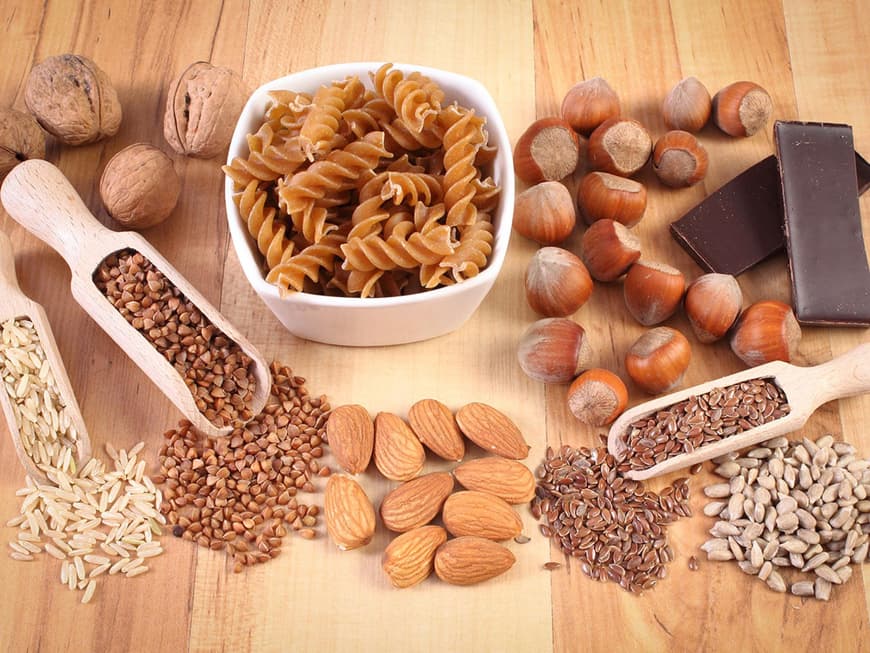
Important building block
Virtually nothing works without magnesium. This is because it is involved in over 300 metabolic processes. We need it to build bones and teeth, to stabilize body cells and to release hormones and messenger substances. Magnesium also ensures that we have energy, that proteins are built up and that our heart beats reliably. In addition, our fat and carbohydrate metabolism only works with magnesium. And: without it, our genetic make-up cannot develop properly.
Symptoms of deficiency
Muscle cramps and tension, short involuntary muscle twitches, cardiac arrhythmia, nervousness, restlessness, headaches and stomach aches are all signs of a deficiency. Depressive moods can even occur. Summer trap Now the body loses more magnesium through sweating, so the supply can quickly fall into deficit. When sunbathing and doing sport, you should pay particular attention to signs of deficiency and ensure that your body gets enough of the mineral.
Good sources
Chocolate, sunflower seeds, almonds, wholegrain products, oatmeal, brown rice, nuts, beans and many mineral waters (as indicated on the bottle) are good sources of magnesium. Supplements are available in pharmacies (e.g. Magnesium Verla) or as Schuessler salt No. 7 (from DHU).
